Introduction to Electrocardiogram (ECG)
An electrocardiogram (ECG) is a non-invasive medical test that measures the electrical activity of the heart. It is commonly used to diagnose and monitor various heart conditions. The ECG records the electrical signals produced by the heart as it beats, providing valuable information about the heart’s rhythm and function.
How Does an ECG Work?
During an ECG, small electrodes are placed on the skin of the chest, arms, and legs. These electrodes are connected to a machine that detects and amplifies the electrical signals generated by the heart. The machine then produces a graph, known as an electrocardiogram, which displays the heart’s electrical activity.
Uses of an ECG
ECGs are commonly used in the diagnosis and management of various heart conditions, including:
- Arrhythmias: ECGs can detect abnormal heart rhythms, such as atrial fibrillation or ventricular tachycardia.
- Coronary artery disease: ECGs can show signs of reduced blood flow to the heart muscle.
- Heart attacks: ECGs can help determine if a person has had a heart attack and assess its severity.
- Heart defects: ECGs can identify structural abnormalities in the heart.
- Monitoring: ECGs can be used to monitor the effectiveness of heart medications or treatments.
An ECG is a quick, painless, and safe procedure that provides valuable information about the heart’s health. It is often performed in hospitals, clinics, and doctor’s offices by trained healthcare professionals. If you have any concerns about your heart health, consult with your healthcare provider who can determine if an ECG is necessary for your specific situation.
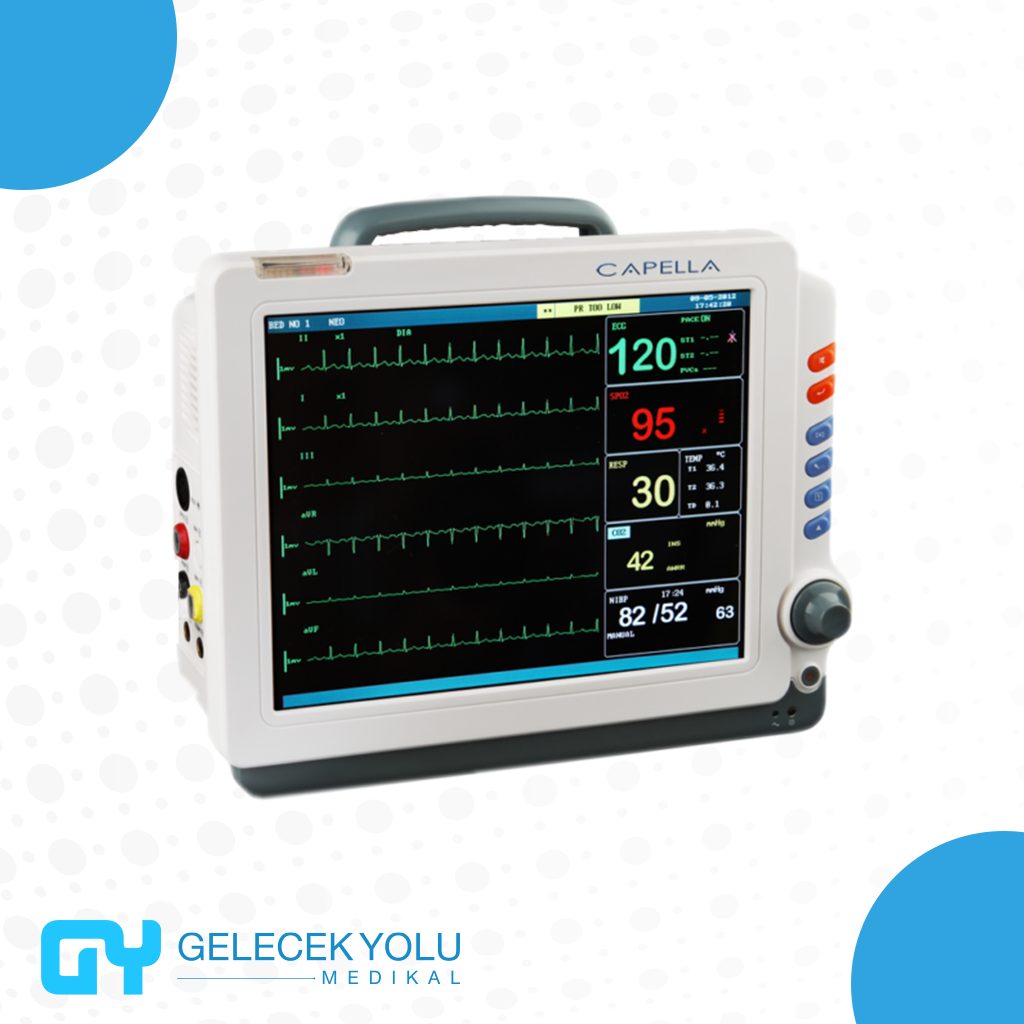
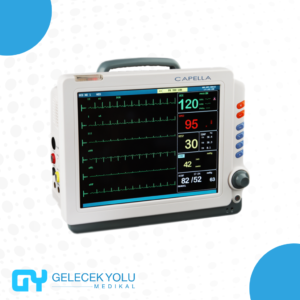
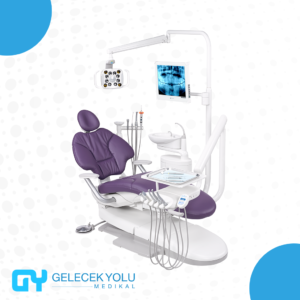

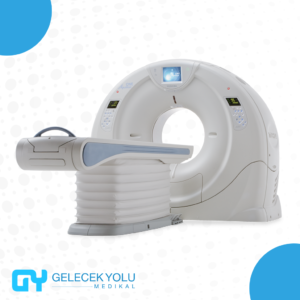
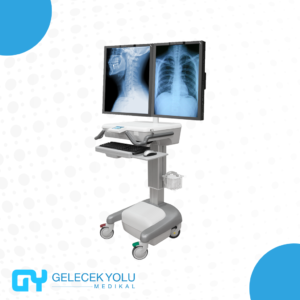
Reviews
There are no reviews yet.